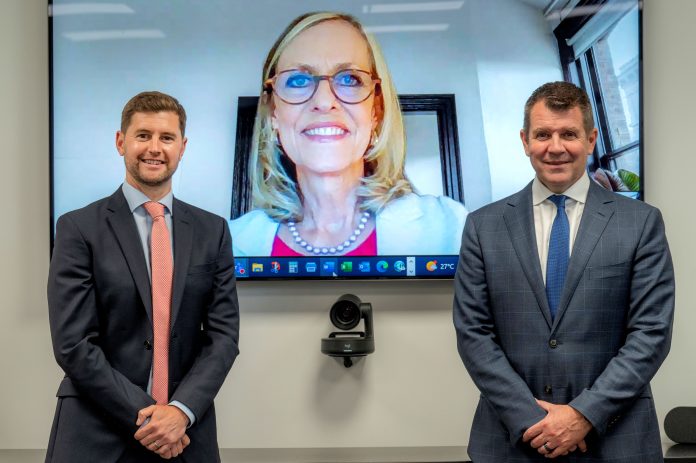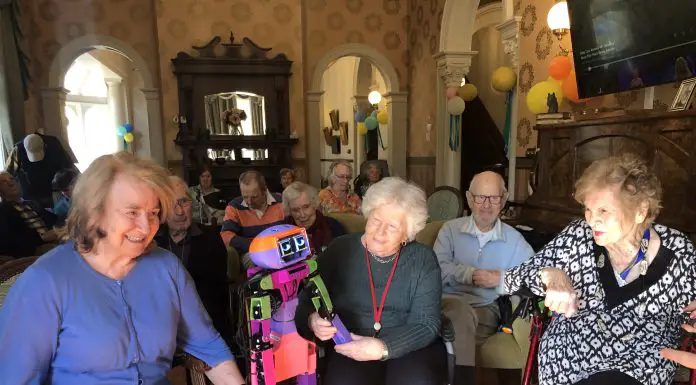
Three leading aged care providers from Australia, the United Kingdom, and the United States have come together to form the Household Model International Consortium. HammondCare from Australia, Belong Ltd from the UK, and The Green House Project from the US have joined forces to advocate for the wider adoption of small domestic household models of residential care, aiming to promote the quality-of-life benefits they offer.
The founding members of the consortium signed a Memorandum of Understanding (MOU) at the Australian High Commission in London, solidifying their commitment to utilising shared experience, skills, data, and voice to champion the advantages of small household living.
One of Australia’s leading health and aged care providers, HammondCare, brings more than 25 years of experience with the cottage model, a form of the small household model, to support individuals living with dementia.
The recent Royal Commission into Aged Care, Quality and Safety in Australia recommended a shift toward small household living, further validating the importance of this model.
Our experience is that the small household form of residential care provides reductions in hospital admissions, lower use of medications, and a higher quality of life for the residents.”
Mike Baird, CEO, HammondCare
Belong Ltd, operating eight care communities for older people in the UK, has been a pioneer of the household model for individuals living with dementia. CEO Martin Rix emphasised the organisation’s extensive research and pilot programs, which enabled them to evaluate different approaches and eventually establish the household model as the blueprint for their care villages. The feedback received from healthcare professionals and families has been overwhelmingly positive, with the smaller household setting facilitating the formation of strong relationships among residents and care team members.
“This sense of familiarity provides a foundation for security and well-being, enhancing residents’ access to creative, physical, and social opportunities within the care villages”, Mr Rix added.
The Green House Project, a non-profit organisation and parent of the Centre for Innovation brings its learnings from establishing nearly 400 small-scale, self-contained, and self-sufficient homes in 32 US states. CEO Susan Ryan highlighted the advantages of small-home alternatives, particularly underscored by the COVID-19 pandemic, which demonstrated their resilience compared to traditional eldercare settings. She expressed her delight in collaborating with partners from around the world to share their knowledge and build the next generation of eldercare services and support.
Inside Ageing spoke with Ms Ryan late last year ahead of her presentation at the International Dementia Conference in Sydney – Read that interview here.
Apart from conducting joint research, the consortium aims to establish areas of strategic focus, develop joint papers and position statements, and facilitate staff exchanges and enhanced learning opportunities. They will also share learning materials and packages to further support the adoption and implementation of small household models in aged care settings worldwide.
The Household Model International Consortium is poised to become a driving force in reshaping the aged care sector, prioritising the well-being and quality of life for older adults through the promotion of small domestic household models of residential care.









